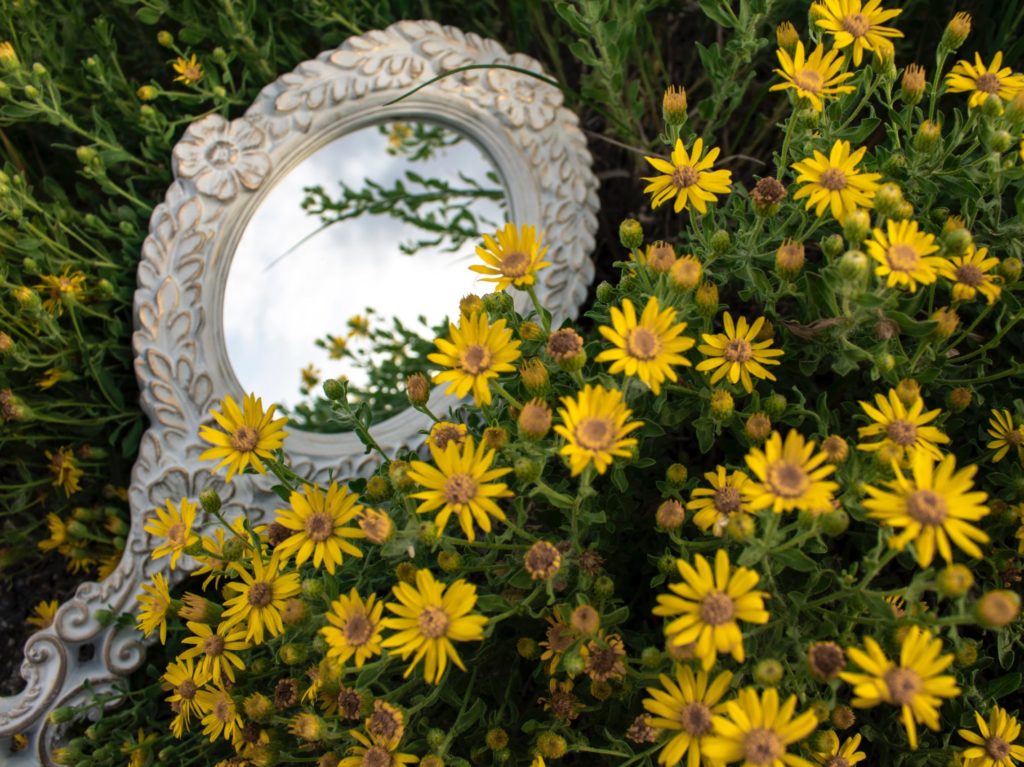
“I faced myself that day with the nonplussed apprehension of someone who has come across a vampire with no crucifix in hand,” Joan Didion, “On Self-Respect,” 1961.
Recently, I had a low week (which turned into weeks), in which every bad decision, failing, and the general wrong turns weighed upon me. I was left unhappy, brittle, and shaken. In truth, these days/weeks come less frequently than they once did. After a year away from academia, I’m no longer constantly plagued by self-doubt and anxiety. They exist as a low hum rather than a blaring radio. I still doubt myself, but I’m mostly content. I’m not quite fearless, but I am less afraid.
I recognized this bad mood as it settled upon me. I even knew why it occurred. Yet that profound feeling of not liking one’s self lingered. It was a discomforting moment where I evaluated my life and my person. The only thing to find was shortcomings, doubt, and unease. I became angry at myself for giving into the existential funk. I know intellectually that my life contains much good and happiness, but it is hard to find my way to it once the funk sets in. My mood runs dark, and my confidence dissipates. Unruly affect trumps intellect every time.
Instead of mentally reciting all of my failings, I picked up Joan Didion’s short essay, “On Self-Respect.” I’ve read and reread it many times. Notes scrawl in the margins. Passages underlined in blue and black dominate the page. Didion’s prose is unflinching and brutal. Her stark honesty appeals to me. Her words pierce polite niceties as she forces to think about what happens when we face ourselves. “Innocence ends,” she writes, “when one is stripped of the delusion of liking one’s self” (142). What happens to us when we confront who we are not who we imagine ourselves to be? What are we left with when we inspect ourselves without the benefit of rosy visions but stark assessment? This moment when delusion dissipates is when she “lost the conviction that the lights would always turn green for me” (143).
Self-deception proves difficult. Didion explains:
The dismal fact is that self-respect has nothing to do with the approval of others–who are, after all, deceived easily enough; has nothing to do with reputation, which, as Rhett Butler told Scarlett O’Hara, is something people with courage can do without (143).
To lack self-respect, then, is to be subject to “an interminable documentary” of one’s failures (144). Failures emerge as our constant companions, and we stake our worth on fickle reputations and mercurial approval of others. This is no way to live. Didion relies upon a phrase that dominated my childhood: “You’ve made your bed, now lie in it.” While adults wield the phrase as explanation for punishment, Didion notes that the only way to sleep in that bed is to have self-respect, which is our reconciliation with ourselves. Accepting responsibility for one’s own life is the first step to self-respect (145).
Didion convinces me that self-respect is not something we have or don’t have, but rather it is habit that we can develop through practice. We can train ourselves to recognize our intrinsic worth. It becomes discipline. Self worth gives us the ability “to discriminate, to love and to remain indifferent” (147). We abandon those debilitating notions of self that rely solely on the opinions of others. The goal is “to give us back to ourselves” (148).
I find myself working at the habit of self-respect, trying to ignore the notions of who I am that others cling to and trying to find who exactly is inhabiting the bed I made. This process isn’t easy as much of my self-worth has been defined externally by the lines on my CV, the list of accomplishments I could point to, and the desire for people to be proud of me.
When the CV no longer mattered and the accomplishments have no currency outside of academia, I found myself lacking. I craved the external validation that I was used to. I was disquieted by the person I’d become.
In “Bathroom Sink,” Miranda Lambert captures how I feel (like she so often does):
It’s amazing the amount of rejection that I see/In my reflection and I can’t get out of the way/I’m lookin’ forward to the girl I wanna be/But regret has a way of starin’ me right in the face/So I try not to waste too much time at the bathroom sink.‘
Here’s the thing: I’m tired of dodging the bathroom mirror. I’m tired of rejection and regret. I’m tired of judging myself by the standards of other people. I’m tired of my happiness being tied to what I have or haven’t accomplished. I’m done with the profound sense of failure that creeps up on me in my quiet moments.
Building my habit of self-respect, so doubts annoy me, not paralyze me. The lights might not turn green, but that doesn’t mean that they are always red either. I’m learning to sleep well in the bed I’ve made because it is mine alone.
Pingback: Notebooks | In Progress: Writing by Kelly J. Baker